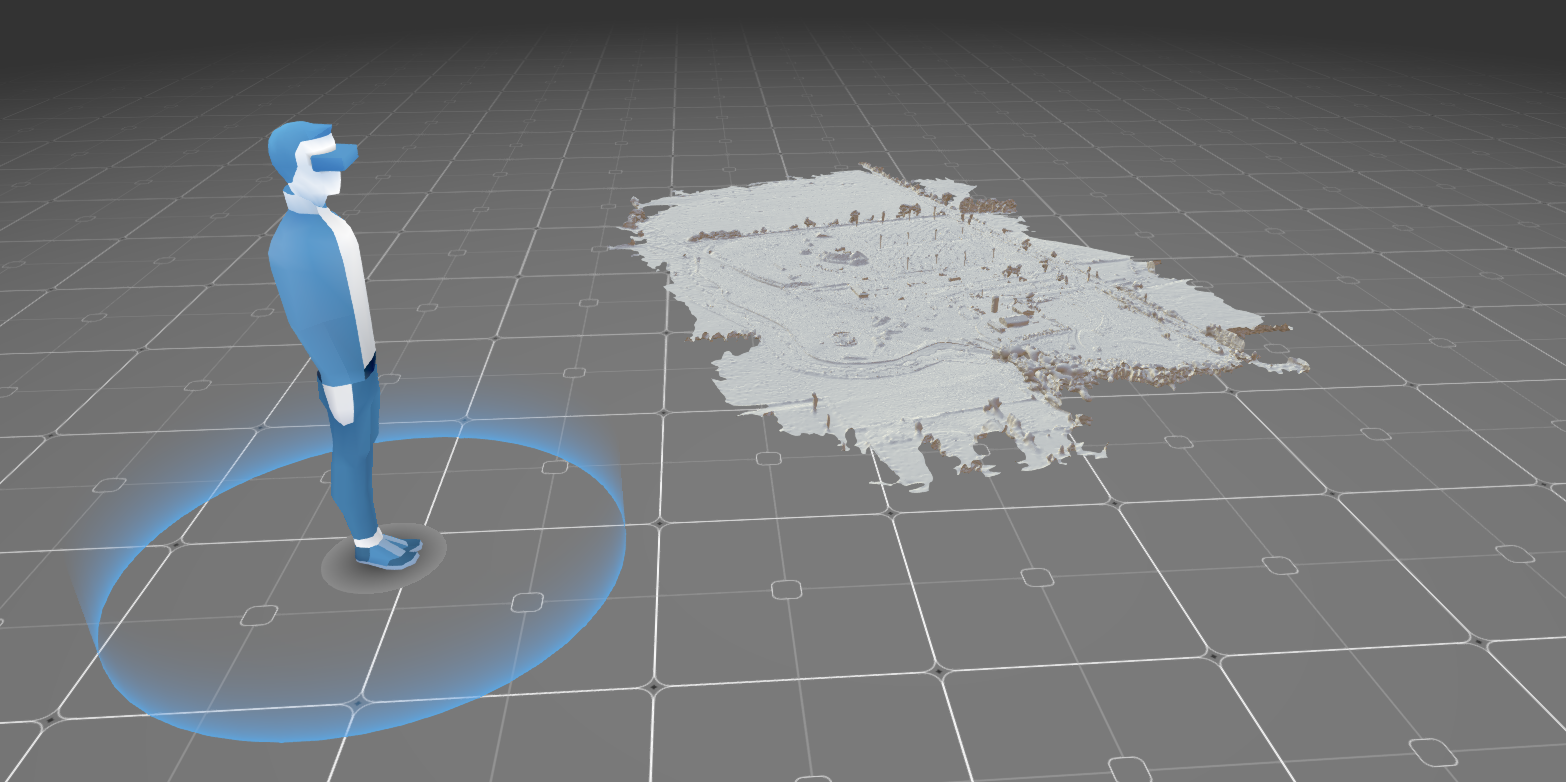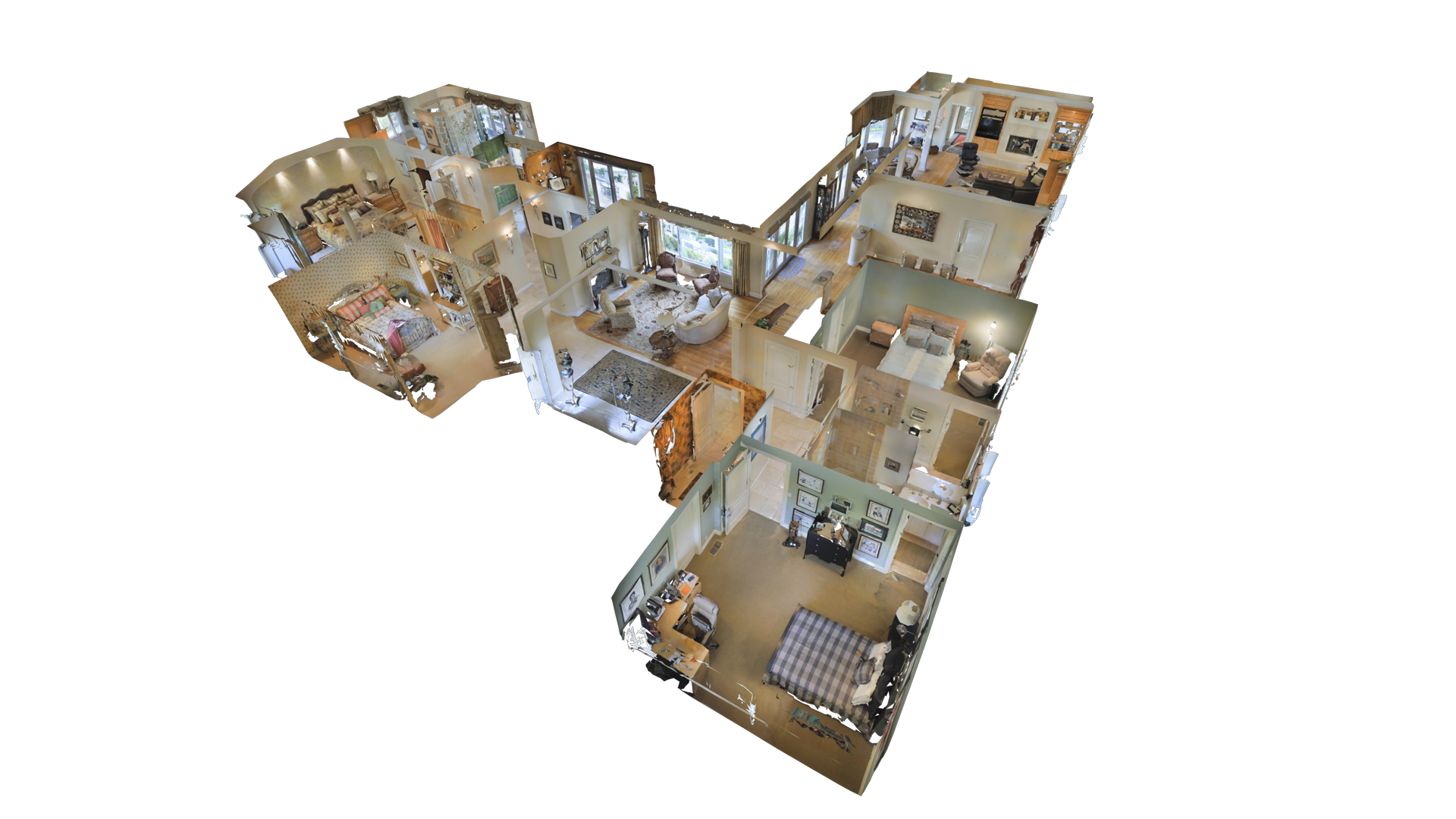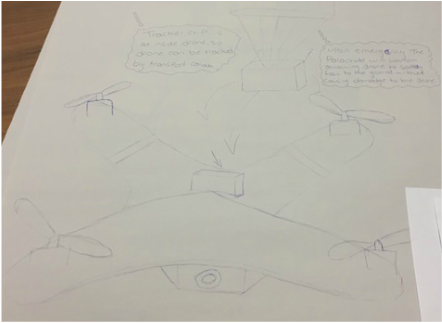|
The entire idea of being able to immerse yourself into a virtual world is amazing itself. Actually doing it in real life is mindblowing. This is where we now are with today's technology!
We now offer full 3D interior and exterior capture tech! With this, you will be able to use your HTC Vive, Oculus Rift, Google Cardboard, Etc.. to look at your model as if it was actually there! Amazing! The potential uses are endless: Helping handicapped people see the world, to planning and search and rescue! What do you think about this amazing new tech? Are you excited? Have you tried VR yet?! Let us know in the comments below!
1 Comment
We are very excited to announce our partnership with Barrie Real Estate Tours! Using the latest in technology, we are able to create 3D models of both inside, and the outside of projects, and share them on the internet! The 3D Models can be used for embedding on websites (like our examples!), shared VIA link with password, or used for other professional means, such as creating to-scale models and exports into programs such as AUTOCAD, and Blender.
Both Air Support Aerial photography, and Barrie Real Estate Tours are based out of Barrie Ontario, and are both small/privately owned local businesses! By supporting us, you will be supporting your local community! Contact us today for more info! This past Wednesday, Air Support was invited to Georgian College to participate in the Simcoe County I.C.E. education program. This program brings in high school students from around Barrie, as well as local businesses. This year, there were 4 businesses (including us), and as small business owners, we had to give the students and their groups a "problem" in our field of business, and let them give their own ideas to solve it. For our challenge, we gave the students the problem of Commercial drone regulation. After half-a-day of group work and debate, the students all gave great presentations, and purposed some very interesting ideas. Before we say what they are, we must announce that most of the students knew exactly what drones are and what they are used for, but they were all un-educated in regards to current real-world Transport Canada drone regulations. Here are some of the ideas they gave: 1. Licence: Most of the groups agreed upon some sort of licence/permit that commercial operators should have. One group even went to the progressive idea that perhaps the business itself should be given a licence as an operator, as well as individual licences for individual pilots. This is interesting for this is how current regulations work with the yearly renewed SFOC that current operators must have for their commercial operations. 2. Demerit Point System: One student group thought that drone use should be regulated like cars. The operators should be given more leniency in regards to regulations, but when rules are broken, there needs to be a defined enforcement system, such as the demerit points system for drivers. Operators would accumulate points with increasing penalties until eventually losing their licence. 3. Both Hobbiest and Commercial Drones should be regulated: Students across group boundaries agreed that both commercial, and private operators should be regulated. The general idea was that is commercial operators are regulated, why shouldn't non-commercial be regulated for safety as well. While commercial use should indeed be more regulated due to the different operations (especially around persons) but the logic came to that it doesn't matter what the drone was being used for. If a drone goes into a jet engine, the outcome will be the same. 4. Privacy is Important: While they are considered aircraft, Privacy is important. The students tough of laws that are currently applied today, such as asking permission to take off and land on private property, but also thought that privacy laws should be changed to say that drones should only be allowed to fly in open public spaces, such as parks, and away from homes. Only safe, commercial operators with professional training should operate near dwellings for safety reasons. 5. Let it Grow: Regulations are important, but shouldn't stifle growth. Drones should be able to be commercially used however they want to if they are on private property, such as using a drone as a school to film a football game, or a cross country race. 6. Tracking: All drones should be tracked so they know where they are for avoidance, as well as to help enforce laws such as staying away from airports. 7. Safety Redundancy Systems: All commercial drones should have a safety redundancy system such as a parachute or a "bubble" system if they are operating near or above people. That's it for now! Overall, it was a great experience to hear what the students had to say about the industry, and was an overall great experience. Download the presentation PDF below, and ask your own students/kids the same question! Let us know what they think! And do you agree?
A new year means a new site! While it is a little early to ring in the new year, we love to celebrate it! Enjoy the new site, and please let us know if you have any issues with it.
Cheers! Henry. |
Henry Baillie-BrownHenry is the founder and operator of Air Support Aerial Photography. Here he talks about A.S.A.P. news, drone industry news, and opinion pieces! Archives
April 2024
Categories
All
|
||||||
HoursEveryday: 9am-5pm
|
Telephone705-279-3597
|
|





 RSS Feed
RSS Feed
